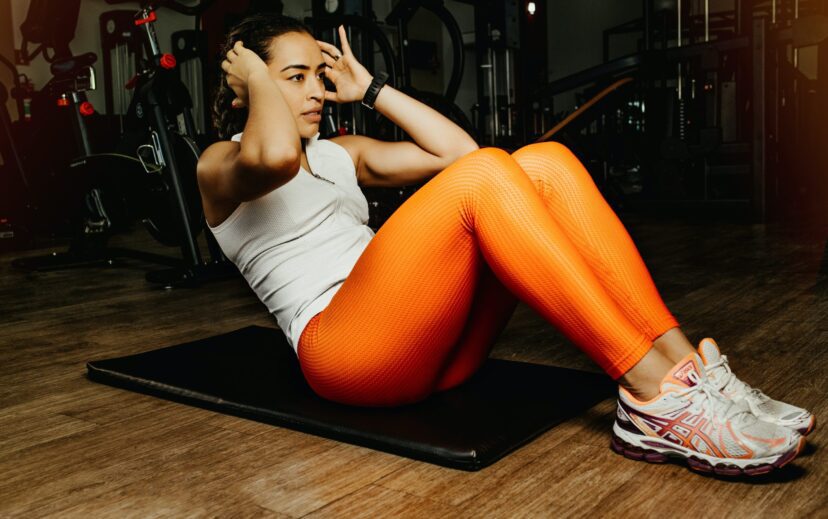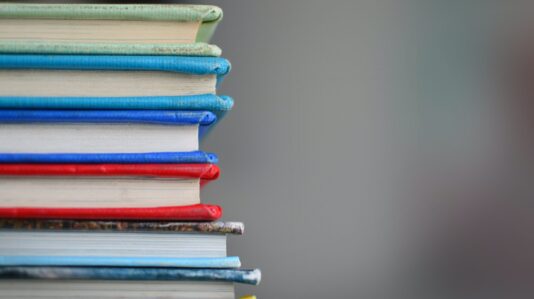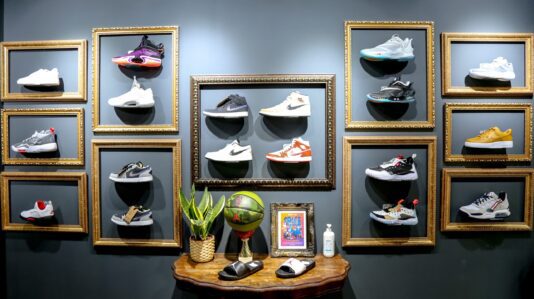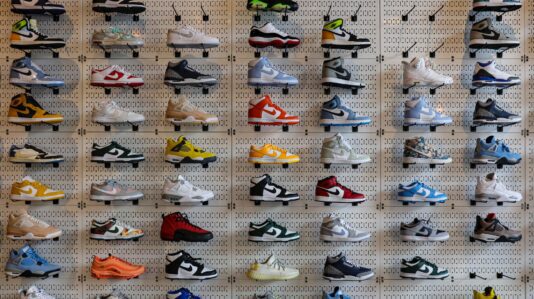Nike kicked off 2022 by filing a lawsuit against high-end fitness apparel seller lululemon over the technology underpinning lululemon’s electronic fitness trainer, the Mirror Home Gym. Nike alleges that the Mirror Home Gym and its accompanying fitness app infringe on several of Nike’s patents used in their fitness equipment and apps.
As noted previously on this blog, Nike is increasingly keen to be seen both as a footwear company and a technology company. Even the structure of its complaint against lululemon provided the court – and media observers like this blog? – with a guided tour of Nike’s nearly forty-year history of electronics patents connected with its fitness and athletic goods. The history lesson does not appear to have much relevance to the infringement claims Nike asserts against lululemon: none of the Nike patents on which Nike bases its actual infringement claims pre-dates 2013, and almost all are fewer than six years old.
As the popularity of home exercise equipment rose from 2020 due to COVID-19, lululemon entered the market by acquiring the home gym technology company “Mirror.” lululemon began selling Mirror’s products: the Mirror Home Gym and its affiliated app that guides users through workouts and fitness classes. Nike now claims that the Mirror Home Gym and app infringe on a total of six of Nike’s patents.
lululemon, for its part, asserts that it has not infringed any of Nike’s patents. Moreover, lululemon attacks the validity of Nike’s patents, alleging that the patents improperly claim too broad a scope of protection or that the methods and machine described are insufficiently novel to warrant patent protection.
Like most patent plaintiffs, Nike seeks an award of three times its actual damages attributable to lululemon’s alleged infringement. Federal law does allow the court, in its discretion, to award triple damages to a victorious plaintiff, but the Supreme Court has cautioned that awards of increased damages “should generally be reserved for egregious cases typified by willful misconduct.” Nike alleges that it gave lululemon notice of infringement two months before the suit was filed, and that lululemon’s continued production and sale of the Mirror Home Gym and associated app after that date “is objectively reckless, knowing, intentional, deliberate and willful.” That language flags Nike’s claim to increased damages.
Patent infringement does indeed carry a risk of a sizeable award of damages and – in “exceptional cases” – an award of attorneys’ fees against an infringer. Any potential defendant facing a claim should immediately consult with an intellectual property attorney to explore avenues of defense.





